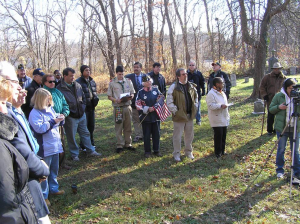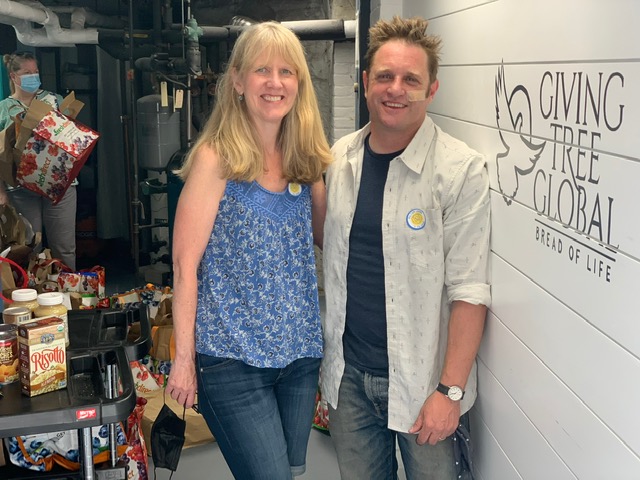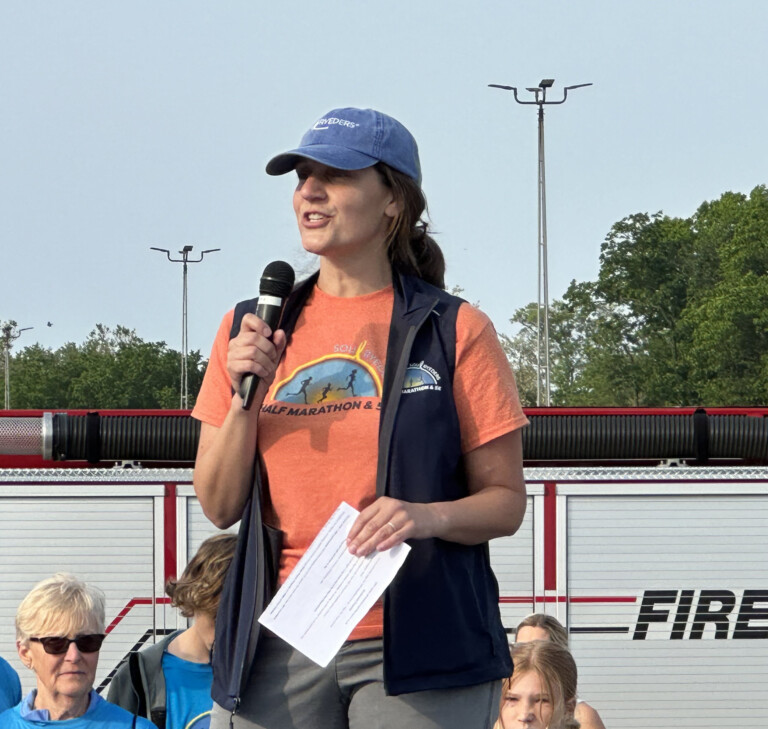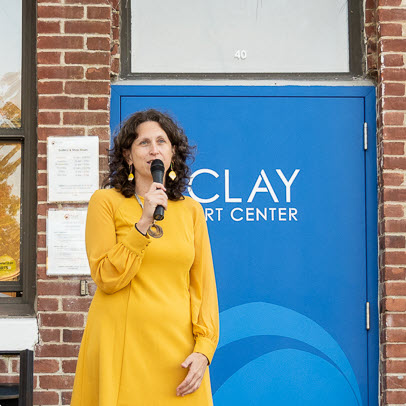Meet US Army Veteran Fred de Barros of Theodore Fremd Avenue
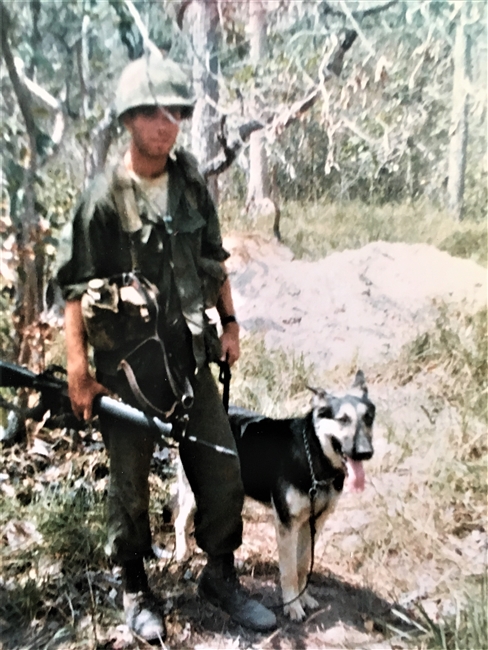
This Veterans Day (2024), Rye will be adding 126 names to the veterans monuments at City Hall. A new plaque naming Rye Veterans of Iraq, Afghanistan, Global War on Terror and the Cold War will be unveiled which will include the names of 50 Rye veterans. The existing WWII plaque in memory of those killed in action will be updated to include an additional 15 names. The Vietnam plaque will now include an additional 44 names. And the WWII and Korea plaques will be updated with an additional 11 names and 6 names respectively. You can review the complete list of names being added.
To honor this milestone, MyRye.com is working with American Legion Post 128 to introduce you to Rye veterans – many who will be honored on our memorials for the first time this fall. If you are a Rye veteran and would like to be profiled, please contact us or Post 128.
Today meet Theodore Fremd Avenue resident and Army veteran Fred de Barros.
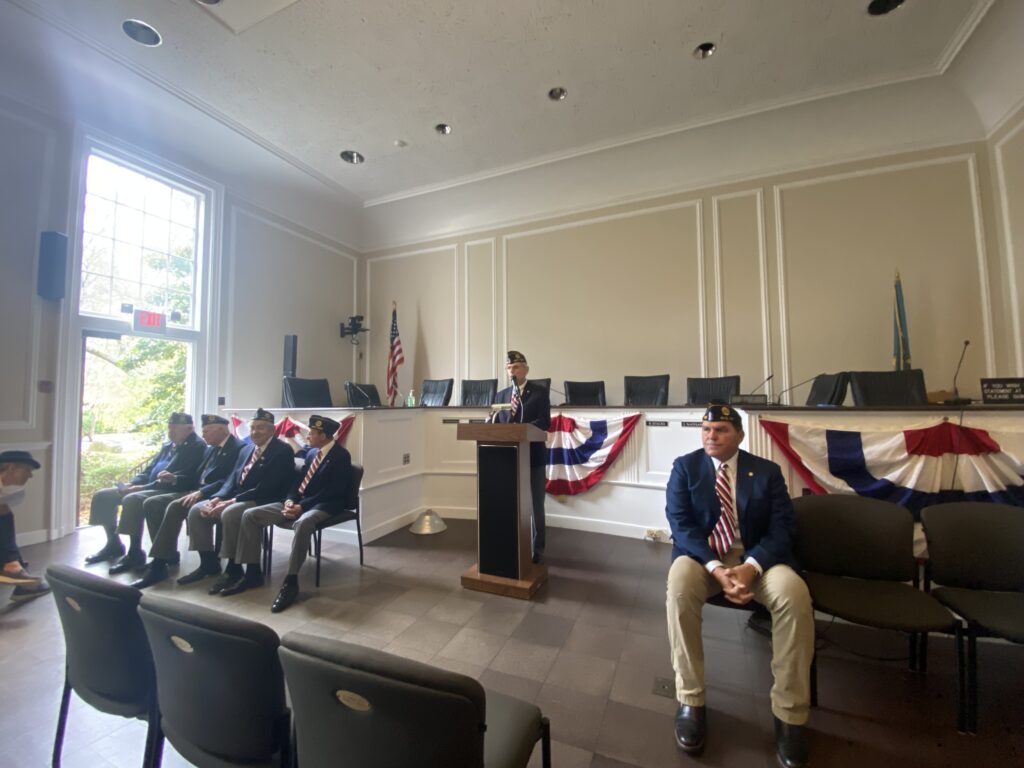
Is your name already on the Rye memorials or is it being added this fall (2024)? My name is already on the memorial.
Rye Vet: Frederick de Barros
Where do you currently live in Rye? I live on Theodore Fremd Avenue.
MyRye.com: What branch of service were you in and what years and where did you serve?
de Barros: I served in the U.S. Army from Jan. 1966 to Jan. 1969. I served at Ft. Dix, NJ; Ft. Gordon, SC; Dau Tieng, South Vietnam; Ft. Benning, Ga.
How did you come to serve in the military?
de Barros: I volunteered for military service as a young man looking for a purpose in life, to develop a sense of maturity. As a boy, I had great respect for our military and wanted to be, one day, a soldier. My father served in the Army during WW1. As an active member of the military, I came to understand the many benefits of my service such as: Free housing, meals, medical benefits, and eligibility for assistance with college tuition through the GI Bill.
Tell us about your responsibilities when you were in the service.
de Barros: I graduated from Basic Training, Advanced Infantry Training, and Infantry Scout Dog Training. One of the many benefits I received from this was a great sense of responsibility for myself, for the German Shepherd (Tinzer) who was assigned to me, for my fellow soldiers, for my weapon (M16). I was tasked to train my dog to scout. In combat, I walked point watching for an alert from my dog letting me know that there was danger ahead. We were able to prevent walking into ambushes, setting off a trip wire or falling into a punji pit. After a year in combat, I returned to Ft. Benning, Ga to become an instructor at the War Dog School, where I served for the last year of my military service.
How has your time serving in the US military influenced your views on service and the responsibility each of us has as a citizen?
de Barros: I entered military service as a very self-centered young man. I left the military with an understanding of what it means to be of service to a higher cause and to my fellow man. In civilian life I have found great satisfaction in service at work: in my church, and in the several volunteer positions I hold. I am presently the Commander of the American Legion Post 128 here in Rye. Post 128 is able to complete its mission of: assisting veterans in need; mentoring youth, promoting patriotism and honor and community service. I believe that if people could understand how to be of service to others and to our country it would bring them a sense of well being that would go a long way in solving the problems our country is now facing.
Do you think military service or more general service (AmeriCorps VISTA, Peace Corps, programming modeled after the Civilian Conservation Corps) should be required of young people?
de Barros: I believe that some form of national service should be required of our youth. This service would greatly help our country: to preserve national security, maintain parks, assist at hospitals, and help with natural disasters.
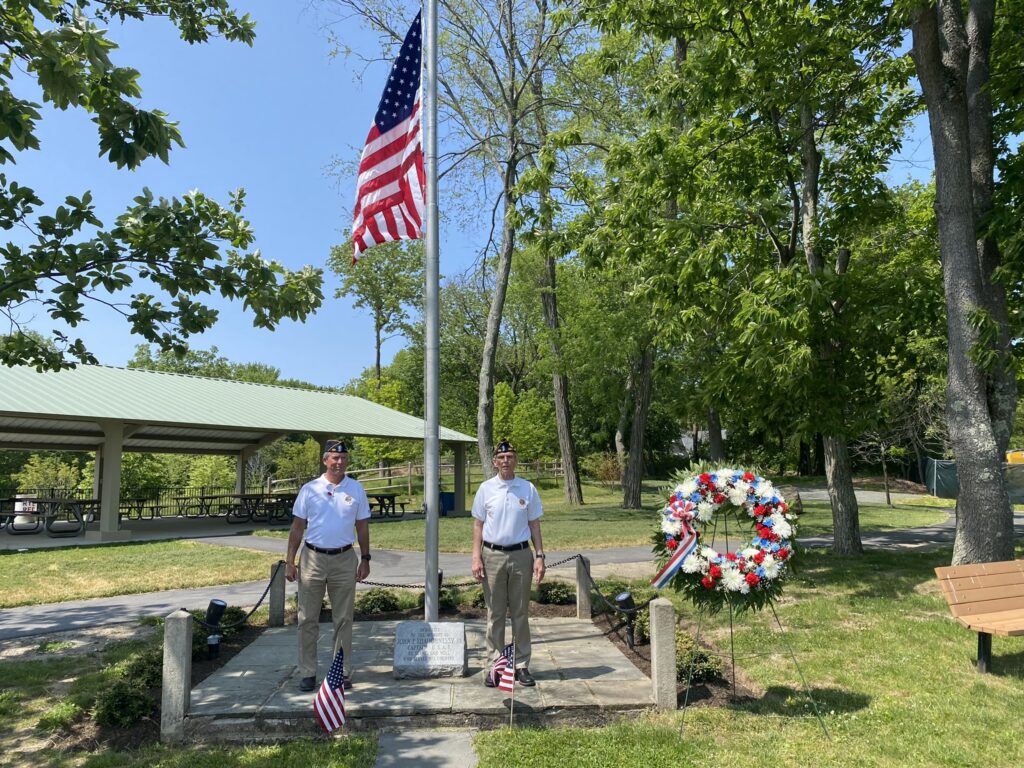
What are a couple of lessons you learned in the service?
de Barros: I saw firsthand how the United States was willing to go to any lengths to preserve democracy by assisting South Vietnam to maintain its freedom. I lived with, trained with, and fought with people I would probably not have associated with in civilian life. I learned that no matter what your background is, we were all basically the same with the same needs. I learned the importance of teamwork and respect for others in reaching a common goal.
What is a story from your time in the service you enjoy telling friends and family?
de Barros: After completion of Advanced Infantry Training, I was to report to Ft. Benning, Ga. For Army Infantry Scout Dog Training. I had never owned a dog and was unsure about what was about what was about to happen. My first day was to introduce me to the German Shepherd I was to train for combat. I was put in an enclosure with an 80-pound dog named Tinzer and was told to make friends. I was worried that this ferocious looking animal was going to attack me. We quickly became comfortable with each other, but he was not a pet; he was a military scout dog who had to be trained as one. We spent months in training before boarding a cargo plane destined for Saigon, South Vietnam. Our base camp was in Dau Tieng which was 80 miles northwest of Saigon. We spent the next twelve months together in combat with one mortar attack on our kennels which came close to killing my dog. The day finally came when I was scheduled to return to the United States. I was ordered to turn Tinzer over to his new handler. As they walked away together, Tinzer kept looking back at me as if to say “Why are you leaving me?” I will never forget that look.

